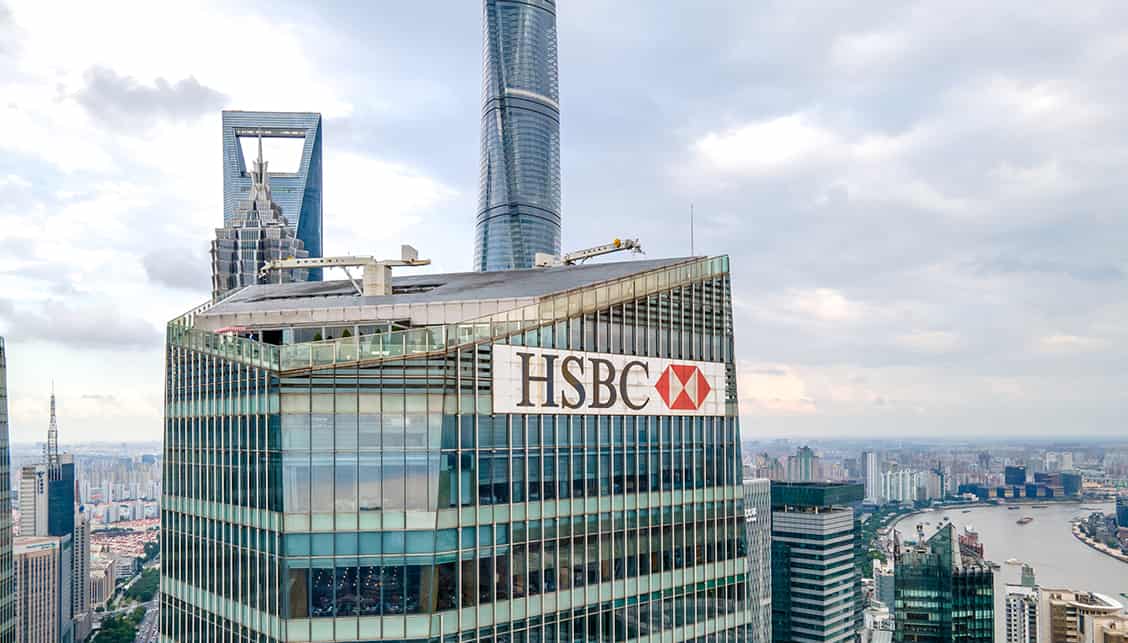HSBC has been selling unprofitable units across the Asia-Pacific and bulking up its financial businesses through acquisitions, to expand its presence while serving the region’s wealthy clientele. The acquisitions herald HSBC’s expansion into wealth management, private banking and family office businesses, according to David Liao, the bank’s APAC co-CEO. It has also been expanding its footprint in real estate.
HSBC’s goal is to fine-tune its growth strategy to meet shareholders’ return-on-capital expectations, the South China Morning Post reported. The focus on shareholder returns partially reflects the bank’s move to deflect last year’s breakup call by its largest stakeholder, Ping An Group.
The British bank acquired Citigroup’s retail wealth management arm in mainland China in October, assuming control over a portfolio of $3.6 billion in assets and deposits. In mid-December, it bought Singapore-based real estate manager SilkRoad Property Partners, which has $2 billion of assets under management.
HSBC will also increase its Asian investments, particularly mainland Chinese ventures. It raised its stake in HSBC Qianhai Securities to 90% in 2022 from 51% and assumed full ownership of HSBC Life China in 2020.
Meanwhile, the bank has offloaded units in North America and will continue to dispose of unproductive businesses. For example, HSBC will finalize the sale of its Canadian unit to the Royal Bank of Canada in the first quarter after selling its Greek and Russian businesses in the first half of 2023. It reached revised terms to sell its French retail business in June 2023.
In November, HSBC sold its retail and business bank in Mauritius to the Absa Group, and it closed its personal-banking unit in New Zealand in June. Yet, its wholesale banking business will continue in both markets, giving HSBC a footprint in 18 APAC markets. Shedding some of its underperforming, less-profitable businesses in the West is part of HSBC CEO Noel Quinn’s goal to streamline the bank’s operations and redirect its capital and resources toward growing Asian markets.




